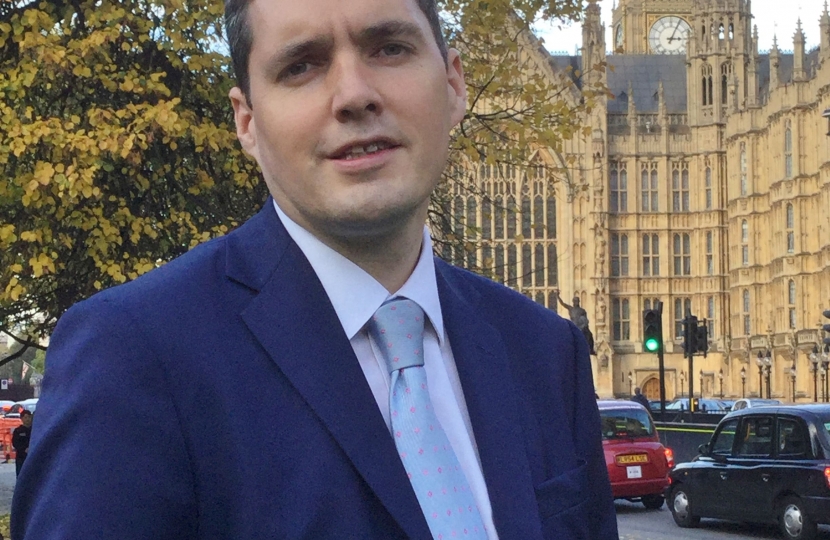
Working and child tax credits have dominated the national media in recent weeks. These payments are made by the Government to top up the wages of the lower paid and to provide extra income to qualifying families. When first introduced in 1998, tax credits cost the taxpayer £6bl. By 2010, the cost had ballooned to £30bl. This increase was more down to politicians seeking to give away 'election sweeteners' than a decline in living standards in recent years.
I was elected as the MP for Bexhill and Battle this year on a manifesto which, amongst other things, pledged to cut £12bl off the welfare and benefits bill in order to balance the Government's books and deliver a surplus by 2020. In the budget, the Government announced that over £4bl of these savings would come from bringing tax credits back into line. At a time when record numbers are in work, and the number of children brought up in a workless household is at an all-time low, the House of Commons voted to approve these changes but the House of Lords has asked the Government to look again. The Chancellor has agreed that he will, this autumn, look to provide support to lessen any impact.
I have the greatest sympathy for my constituents whose household budgets will be affected by the changes to tax credits and who have very real concerns about managing their finances. I did not seek election as MP to reduce incomes but to increase them. However, I ultimately feel that this measure is the right thing to do because it moves the country away from a position whereby Government, and tax-payers, subsidise the wage bills of employers.
Last year, three of our largest supermarket chains had employees who claim tax credits of almost £800m because they pay staff less than the living wage. Why shouldn't these multinationals pay their staff a living wage rather than taxpayers covering a portion? If they did, we could speed the country to a position where the books are balanced and we are able to reduce the amount of interest we have to pay each year for Government borrowing. This interest bill recently stood at almost £50bl per year, almost as much as we spend each year on educating our children. If we get employers to pay for wages, and reduce the interest bill, then we can spend more on education, health and other vital public services.
As well as looking to soften the impact of tax credit changes, the Government has increased the minimum wage to £7.20 per hour by April 2016 and introduced a living wage of £9 per hour by 2020. It is also delivering 30 hrs of free childcare for 3 and 4 year olds. The income tax allowance will have increased from £6,475 in 2010 to £12,500 by 2020, meaning workers keep more wages tax-free. I recognise that these measures will not mitigate the cost of the tax credit changes in full but if they did then the reduction in Government spending would not be delivered.
Delivering economic growth will see wages continue to rise in real terms - in the Bexhill & Battle constituency we are in the Top 10 of constituencies for the fastest rise in wages having previously lagged behind the regional average.
Taking decisions for short-term popularity gives politicians a bad name. By the next election of 2020, I hope that all of the measures from our manifesto will continue to deliver higher wages, more spending on public services and lower taxes. I am happy to be judged at that time.


